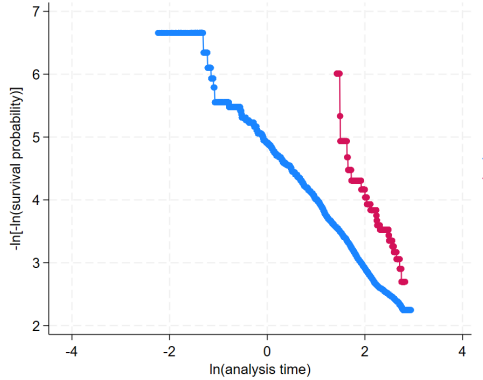Bariatric metabolic surgery and cancer risk: Target trial emulation using iterative time distribution matching
DOI:
https://doi.org/10.17305/bb.2025.12842Keywords:
Cancer, bariatric metabolic surgery, immortal time bias, iterative time distribution matching, observational studyAbstract
Bariatric metabolic surgery (BMS) is a common intervention for severe obesity, yet its effects on cancer risk remain unclear. Observational studies and meta-analyses yield inconsistent findings, while randomized controlled trials often lack adequate follow-up to evaluate cancer outcomes. This study aims to emulate a target trial using observational data, employing a transparent and robust methodology to address this issue. We constructed a large retrospective cohort of adults with obesity in Qatar using electronic medical records from the public health system, with data available from 2018. We developed and applied iterative time distribution matching (ITDM) which is an iterative version of prescription time distribution matching (PTDM) as an improved approach to mitigate immortal time bias. This adaptation facilitated the alignment of time-zero (T0) between BMS recipients and non-recipients. Subsequently, we applied a Cox proportional hazards regression model, controlling for confounders and prognostic covariates, for data analysis. The final study cohort comprised 124,780 individuals aged 30 years and older, including 1,465 who underwent BMS and 1,583 who developed cancer during the follow-up period. The median follow-up duration was 7.79 years (IQR: 4.89–10.85). In the confounder- and prognostic covariate-adjusted Cox model, BMS was associated with a reduced hazard of cancer (HR 0.49, 95% CI 0.31 to 0.76). Given potential residual confounding and the limited outcome data, these findings provide preliminary evidence of a protective association and should be interpreted cautiously. This approach emphasizes transparency in trial emulation design, and future studies should focus on specific cancer types and long-term outcomes as additional data become available.
Citations
Downloads

Downloads
Additional Files
Published
Issue
Section
Categories
License
Copyright (c) 2025 Jazeel Abdulmajeed, Zumin Shi, Manar E. Abdel-Rahman, Fakhar Shahid, Mohammed F. Alam, Mashael Al-Shafai, Muhammad E. H. Chowdhury, Abdullah Shaito, Adedayo A. Onitilo, Suhail A. Doi

This work is licensed under a Creative Commons Attribution 4.0 International License.









